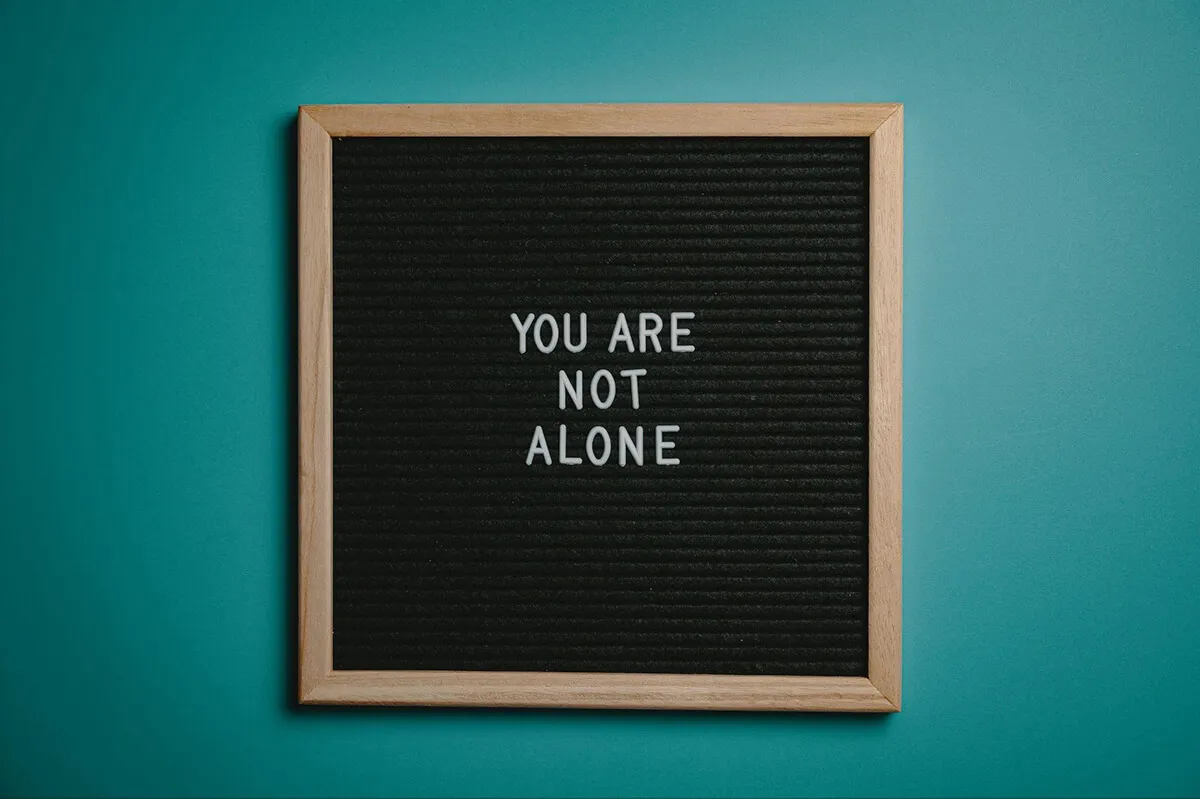Trauma & Post Traumatic Stress Disorder
What is trauma?
Trauma doesn’t always show up as something obvious. It might not always look like you imagine it, but it can affect everything from your relationships to how you handle stress and your own sense of self-worth. It can leave lasting emotional and physical scars, affecting how you experience the world. Whether from a single event or prolonged exposure to stress, therapy provides a supportive environment to process and heal these wounds, allowing you to reclaim control over your life.
How Trauma Can Echo Through Daily Life:


When Trauma Lingers—The Impact Over Time:
Healing The Wounds You Can’t Always See:

Fears About Facing The Past In tTherapy:
Will I have to relive everything in therapy?
Absolutely not. The goal of therapy isn’t to force you to relive trauma, but to help you process and understand it in a safe, supportive way. We’ll go at your pace, and nothing will be explored before you feel ready. In fact, healing trauma doesn’t always require talking through every detail —there are many effective ways to work through it without retelling the story.
What if therapy just makes me feel worse?
It’s true—therapy can stir up discomfort, especially when facing trauma or painful emotions. That’s a normal part of the healing process. But you won’t go through it alone, and we’ll move at a pace that feels manageable. You’ll get the support and tools you need to work through the hard parts without feeling overwhelmed. The goal is healing, not retraumatizing.
How long will this take?
Each healing journey is unique. While some feel better after a few sessions, others may need months or years to work through their trauma. The important thing is taking the first step toward recovery.
Can I really heal from trauma?
Yes, healing is absolutely possible. Therapy won’t erase the past, but it can help you integrate those experiences into your life, freeing you from their control.
Take the first step toward healing today
Relief is closer than you think. Reach out today for compassionate, personalized therapy that can help you regain control, find balance, and start feeling more like yourself again.
Healing begins with a single step—let’s take it together.
